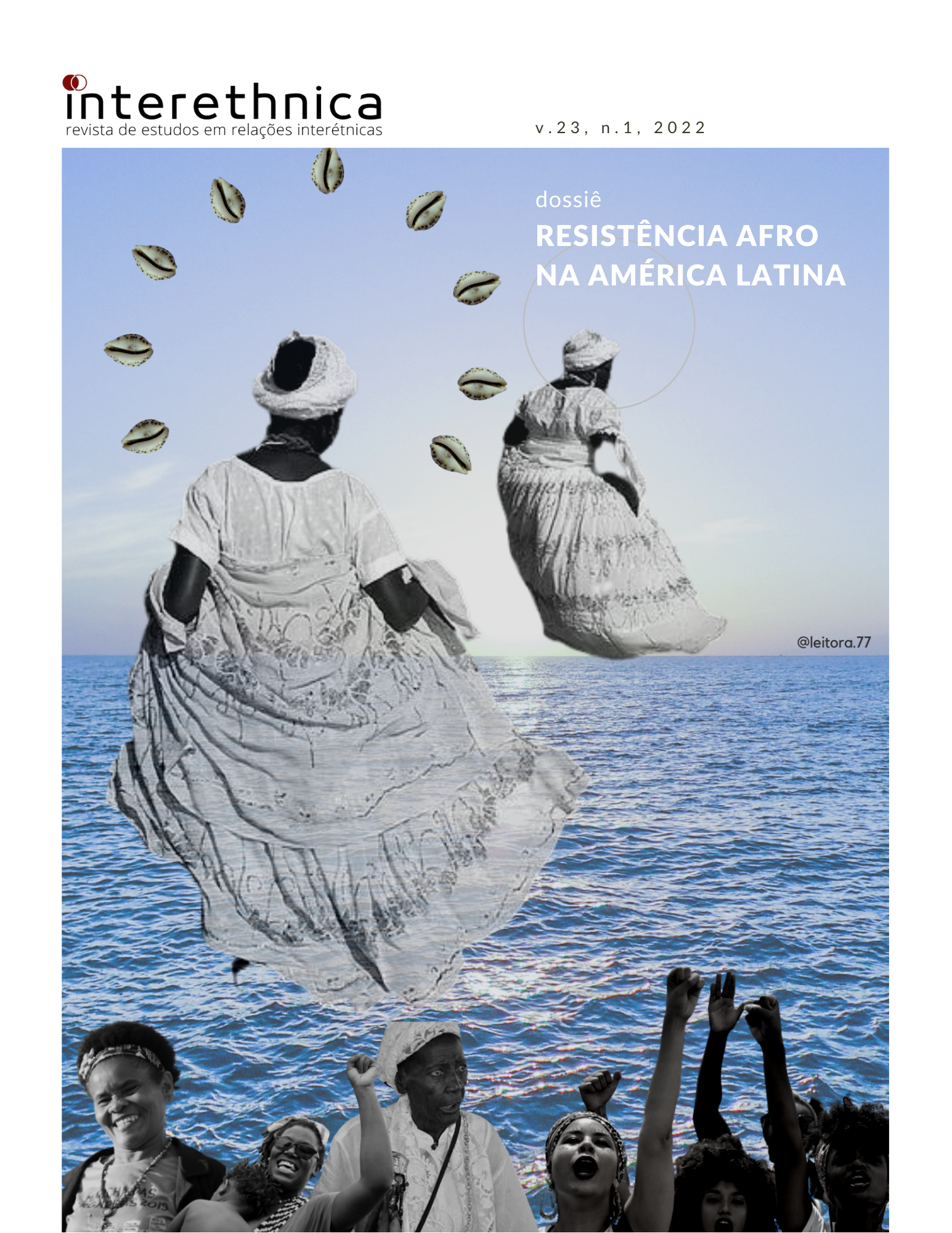POLITICAL ORGANIZATION OF COLLECTIVES OF BLACK STUDENTS IN BRAZILIAN HIGHER EDUCATION
Keywords:
black collectives, student movement, affirmative actions, higher educationAbstract
From the past two decades, the increase in the flow of black students provided by the implementation and implementation of diversity policies, especially affirmative action in higher education, has enabled a new configuration in Brazilian universities, especially in public universities. In this context, students organized on the basis of black racial identity, come together in collectives with the purpose of claiming agendas not yet surpassed by this group within universities, such as: maintaining access and ensuring their permanence in these institutions. This article aims to present an overview of some of the forms of political organization of collectives of black students present in universities in the State of Rio de Janeiro. We conclude this article with the understanding that black collectives have multiple forms of political organization and structure within the academic space, among them: the characterization by the absence of a standard form, by the rupture with the student movement, they value horizontality, and the inspection and monitoring of affirmative action policies aimed at maintaining them at Brazilian universities.
Downloads
Downloads
Published
How to Cite
Issue
Section
License
Copyright (c) 2022 Interethnic@ - Interethnic Relations Studies Journal

This work is licensed under a Creative Commons Attribution-NonCommercial 4.0 International License.
COPYRIGHT AND EXCLUSIVITY
At the time of submission, authors undertake not to send this manuscript to another journal during the reviewing process. Conversely, the Journal does not accept articles that are still under review in other journals. Neither will it accept two simultaneous reviews of the same author, understanding that this constitutes simultaneity.
Submission automatically implies full assignment of the copyright, including translation, if the article is approved for publication. Authors may reproduce their articles, provided that the original source (Interethnic Journal) is cited
GOOD SCIENTIFIC PRACTICES
TAll submitted articles will be submitted to plagiarism and "self-plagiarism" or republishing (publication as unpublished material of texts already published). Eventual cases of bad practice will be examined and decided by the editorial committee according to the guidelines of the National Council for Scientific and Technological Development (CNPQ).
The integrity of the content of the articles is the sole responsibility of the authors.



